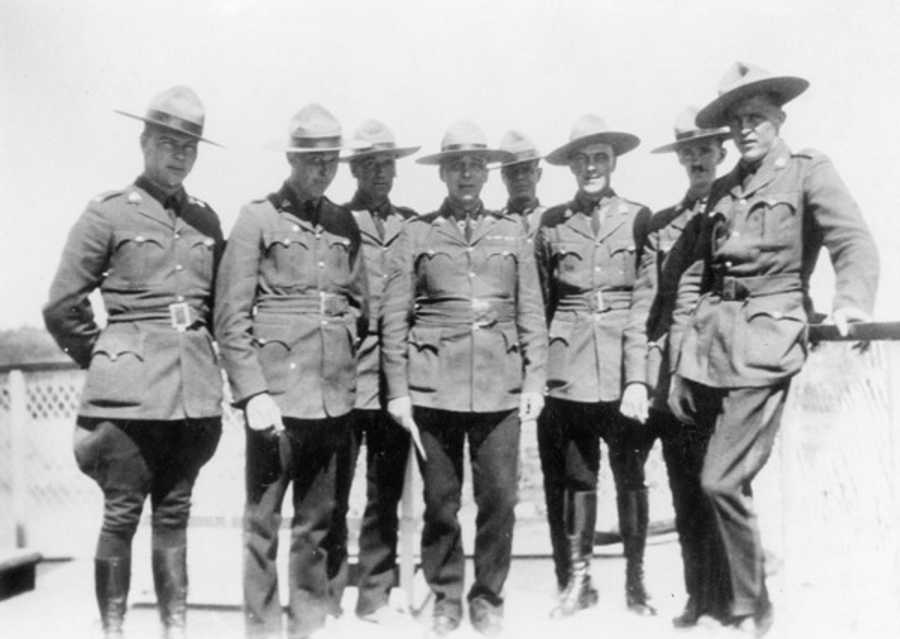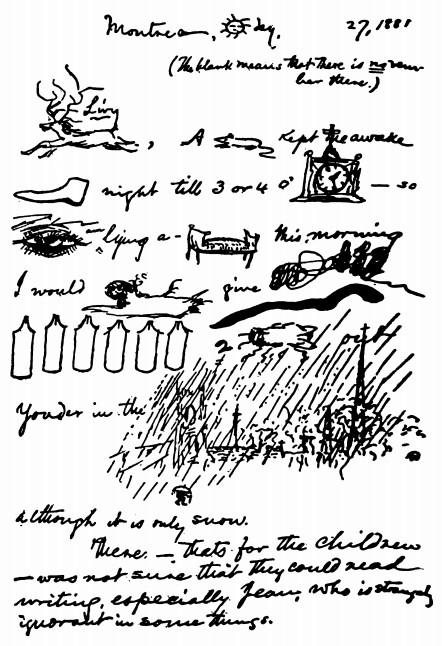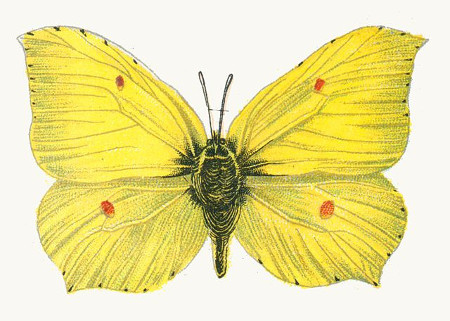An Edinburgh startup called Gravitricity is hoping to create a “virtual battery” by hoisting and dropping weights in disused mine shafts. If the weights are hoisted when renewable energy is plentiful, and dropped when it’s expensive, then they can help to balance the energy grid with an efficient source of “gravity energy.”
Managing director Charlie Blair told the Guardian, “The beauty of this is that this can be done multiple times a day for many years, without any loss of performance. This makes it very competitive against other forms of energy storage — including lithium-ion batteries.”
Dropping 12,000 tonnes to a depth of 800 meters would produce enough electricity to power 63,000 homes for more than an hour. Oliver Schmidt of Imperial College London said, “I don’t expect Gravitricity to displace all lithium batteries on grids, but it certainly looks like a compelling proposition.”
(Via Tom Whitwell’s “52 Things I Learned in 2019.”)



